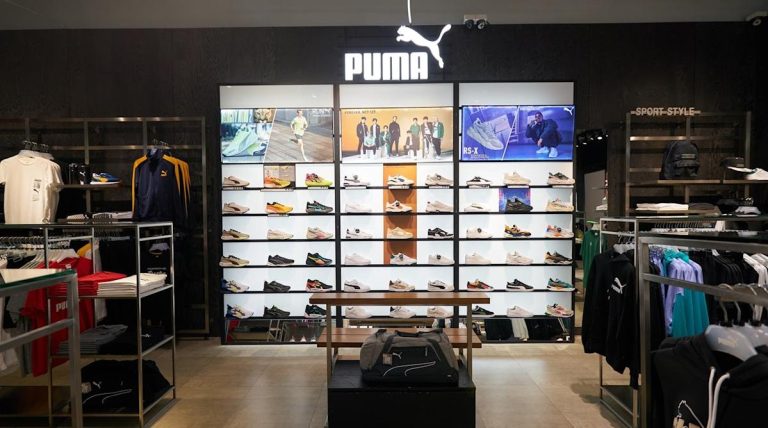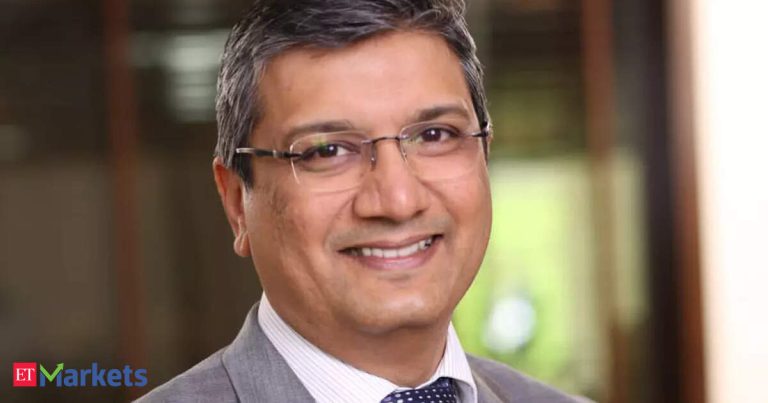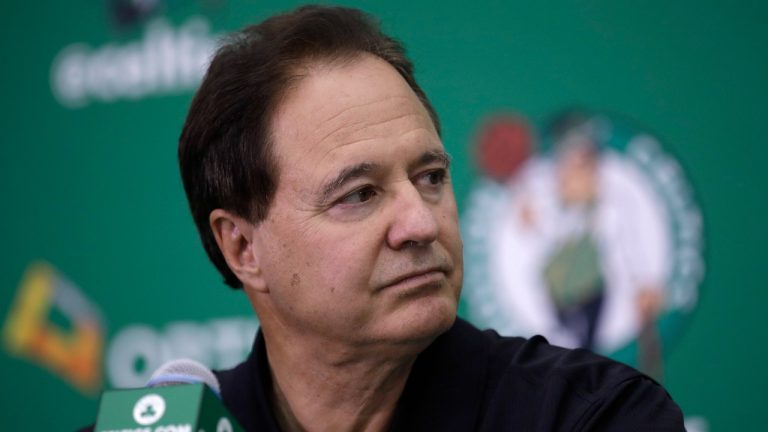Eternal Ltd (formerly Zomato) closed the fourth quarter of FY25 with a sharp 78% decline in annual profit, reporting Rs 39 crore, down from Rs 175 crore in the previous fiscal. While sequential losses reduced by about 34%, the company continued to bleed cash due to steep discounting across all its business-to-consumer (B2C) verticals.
In a bid to offer greater transparency, the company introduced a new metric in its annual report—Net Order Value (NOV), defined as Gross Order Value (GOV) minus discounts. This disclosure sheds light on the true topline performance, unmasked by the lure of promotional offers.
According to the company’s filings, the ‘discount’—the gap between GOV and NOV—has remained significant, particularly in its core food delivery and quick commerce businesses. In food delivery, the burn increased from Rs 1,336 crore in Q1 to Rs 1,568 crore in Q4, indicating sustained discounting to defend market share amid signs of slowing demand.
Blinkit, its quick commerce arm, saw the most dramatic rise. The burn more than doubled from Rs 862 crore in Q1 to Rs 2,059 crore in Q4. This spike, the company said, was largely driven by aggressive store expansion and heightened competition. Blinkit added 294 stores during the year, pushing its total count to over 1,200 dark stores reportedly.
The ‘Going Out’ segment—which includes dining and entertainment—also contributed to the burn, with a peak of Rs 337 crore in Q3, likely due to investments in migrating users to its District app. While overall discounts came down to Rs 316 crore in the final quarter, NOV too fell by approximately 13%, highlighting the trade-off between topline visibility and real revenue growth.
Facing fierce competition from rivals like Swiggy in food delivery and Zepto in quick commerce, Eternal is working to retain its edge through expansion and experimentation. However, this strategy is expected to keep profitability under pressure in the near term.
“In the near term, the losses will increase or decrease depending on how the pace of expansion and competitive intensity play out over the next few quarters,” said Albinder Dhindsa, CEO of Blinkit. “Sustained profitability will be an outcome of focusing on the right long-term priorities.”
Despite not having ventured into private labels—a key margin driver for peers—Eternal is positioning itself for long-term flexibility. The company has officially become an Indian Owned and Controlled Company (IOCC), giving it the regulatory green light to own inventory in quick commerce alongside its marketplace model.
Akshant Goyal, CFO of Eternal, said, “That is important, and is another concrete step towards making business more resilient in the long term.”
Deepinder Goyal, Founder and CEO of Eternal, reiterated the company’s commitment to innovation. “In my mind, the only definitive path is to constantly experiment and innovate around three key vectors—wider assortment, better affordability and lower delivery time. We have a number of promising initiatives in the pipeline—hoping some of them will work and lead to higher growth, without compromising on profitability,” he said.
As Eternal doubles down on execution while juggling expansion and margin pressures, the coming quarters will test its ability to balance ambition with bottom line discipline.






